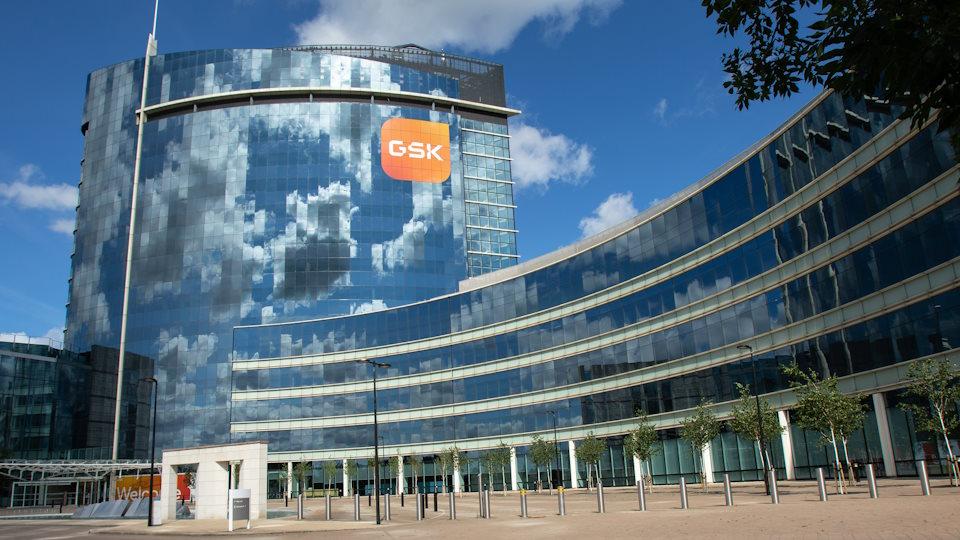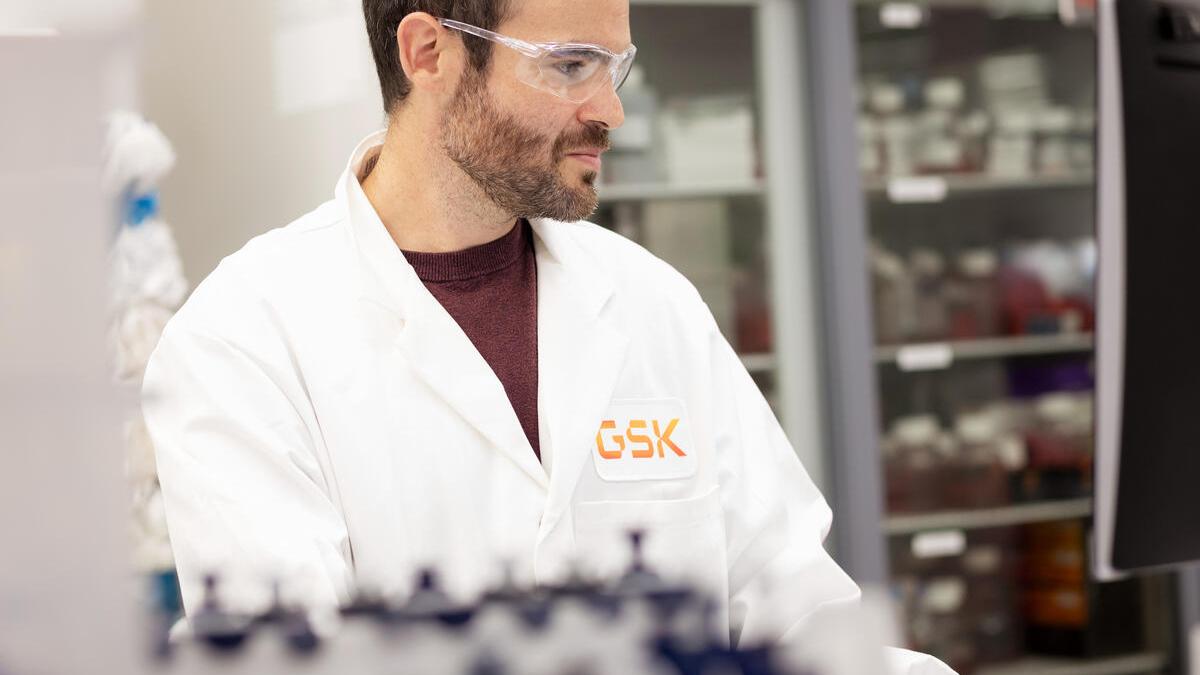GSK builds neuro, cancer pipeline with trio of deals

GSK's business development team have been working overtime of late, with three R&D deals announced in the last few days across Alzheimer's disease and cancer.
The Alzheimer's agreement – with Denmark's Muna Therapeutics – will see the two companies study post-mortem brain samples using spatial transcriptomics, mapping gene expression to particular locations in the brain to try to identify and validate new drug targets for the neurodegenerative disorder.
GSK is paying out €33.5 million in cash to get the ball rolling, with another €140 million per target in potential milestones, according to a press statement, which notes that the programme will focus on using Muna's MiND-MAP platform to map the brain's response to the aggregation of proteins like amyloid and tau that is seen in Alzheimer's.
The two companies will look at "cellular mechanisms, gene networks, and molecular interactions that underlie brain resilience," according to the release.
This is the second partnership signed by GSK in neuroscience in the last few weeks, coming after it teamed up with Vesalius Therapeutics on a potential small-molecule therapy for Parkinson's disease and another unnamed indication in a deal that included an upfront payment of $80 million and up to $570 million at the back end.
The Muna alliance was announced shortly after GSK signed a deal with Rgenta Therapeutics to develop RNA-directed small-molecule drugs for various diseases, including cancer, with almost $500 million per programme following an upfront fee of $46 million.
Rgenta will deploy its discovery engine to identify splice modulators against multiple targets nominated by GSK for development.
The US biotech's platform mines genomics data to identify and target RNA regulatory processes associated with disease-causing genes, which it says are often undruggable using conventional approaches. It designs small-molecule 'glues' that can modulate 'spliceosomes' – nuclear RNAs that strip introns from mRNA precursors to make mRNA for protein transcription – to prevent disease-associated proteins from being made.
Rgenta's in-house pipeline is headed by RGT-61159, a drug designed to inhibit the production of the cancer-associated MYB protein, which is in phase 1 testing.
Also this week, GSK bolstered its oncology pipeline by taking an option on an antibody-drug conjugate (ADC) from Chinese biotech Duality Biologics outside mainland China, Hong Kong, and Macau.
The ADC – dubbed DB-1324 – is in preclinical development and will be developed for gastrointestinal cancers. Although, its specific target has not been disclosed.
Under the terms of the agreement, GSK will pay DualityBio $30 million upfront and other pre-option milestone payments, with the total value of the deal rising above the $1 billion mark if the ADC meets development, regulatory, and sales objectives.
The big pharma needs to boost its pipeline as it is facing patent expiry in 2027 for HIV drug dolutegravir, one of its biggest sellers, and is facing the threat of competition to shingles vaccine Shingrix, which is currently its top product.












